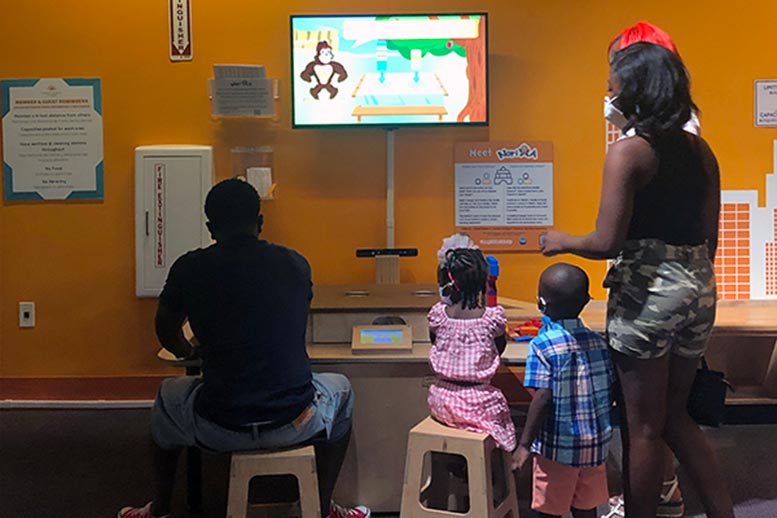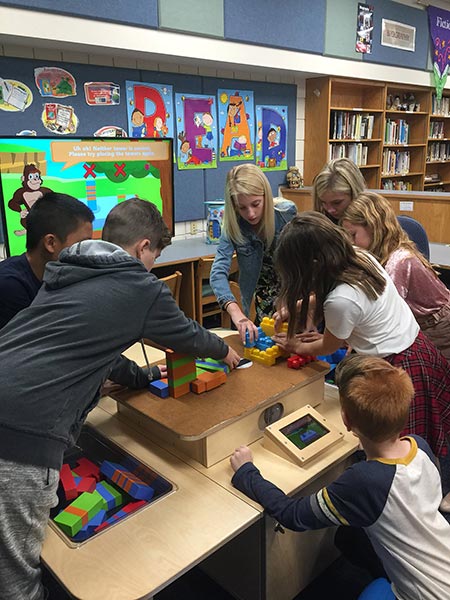
Active learning, especially with AI and emotional support, outperforms lectures—boosting engagement and academic success.
Engaging students through interactive activities, discussions, feedback, and AI-enhanced technologies resulted in improved academic performance compared to traditional lectures, lessons, or readings, faculty from Carnegie Mellon University’s Human-Computer Interaction Institute concluded after collecting research into active learning.
The research also found that effective active learning methods use not only hands-on and minds-on approaches, but also hearts-on, providing increased emotional and social support.
Interest in active learning grew as the COVID-19 pandemic challenged educators to find new ways to engage students. Schools and teachers incorporated new technologies to adapt, while students faced negative psychological effects of isolation, restlessness and inattention brought on by quarantine and remote learning. The pandemic made it clear that traditional approaches to education may not be the best way to learn, but questions persisted about what active learning is and how best to use it to teach and engage and excite students.

Nesra Yannier, faculty in HCII, and Ken Koedinger, a professor of human-computer interaction and psychology, collaborated with researchers at several universities including Stanford, Harvard and University of Washington, to summarize the important findings around active learning. Their work, “Active Learning: ‘Hands-on’ Meets ‘Minds-on,’” was published in Science. The recent studies collected by Yannier and Koedinger span children to college-age adults, demonstrate how and when different approaches of active learning can be effective and engaging, and suggest ways to incorporate lessons learned from schooling during the height of the COVID-19 pandemic.
“We wanted to see what we learned from teaching and learning during COVID and what could be brought back into the classroom,” Yannier said. “COVID forced educators to engage students in novel ways, and teachers were experimenting with new technology.”
The collected studies showed that active learning can put students in the driver’s seat of their lessons. Active learning techniques encourage students to produce thoughts and get feedback through interactive settings rather than passively receiving information as is common in pervasive approaches to education like lectures and readings.
One study included in the collection showed the benefits of physical activity for creativity and idea generation. Another found that while college students think they learn more in traditional lectures than through active learning approaches, they do not. Active learning produces better outcomes.
AI and the Power of Guided Feedback
Yannier and Koedinger included their own research, completed with Scott Hudson, a professor in HCII, that found incorporating an AI-based virtual helper to question students, encourage them to think critically and engage them in discussions increased learning in hands-on activities, while also supporting teachers. The researchers performed controlled experiments to see how much children learned while interacting with NoRILLA, a mixed-reality learning platform where children perform and interpret real-world experiments with personalized interactive feedback in an earthquake table, ramps or other physical apparatuses, with the artificial intelligence turned on and off. When turned off, the students learned far less.
“We’ve done a lot of research around this,” Yannier said. “If we don’t have the AI guidance on, the children are not able to understand the underlying concepts, and the learning doesn’t translate into the real world.”
Both Yannier and Koedinger said that the studies they summarized made it clear that there are many approaches to active learning and how to research it. They hope their paper will move educators to incorporate more active learning in their lessons and think about how they can participate in research into it.
“It’s quite clear in this collection that even among like-minded folks there are seven or more applications of active learning that work and sometimes they work in contradictory ways,” Koedinger said. “There is so much richness in this field that we can continually make improvements to make it more effective and enjoyable for a long, long time.”
Reference: ‘Active learning: “Hands-on” meets “minds-on”’ by Nesra Yannier, Scott E. Hudson, Kenneth R. Koedinger, Kathy Hirsh-Pasek, Roberta Michnick Golinkoff, Yuko Munakata, Sabine Doebel, Daniel L. Schwartz, Louis Deslauriers, Logan McCarty, Kristina Callaghan, Elli J. Theobald, Scott Freeman, Katelyn M. Cooper and Sara E. Brownell, 1 October 2021, Science.
DOI: 10.1126/science.abj9957
Never miss a breakthrough: Join the SciTechDaily newsletter.